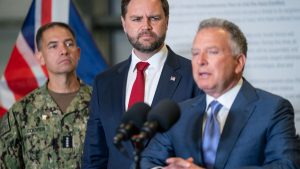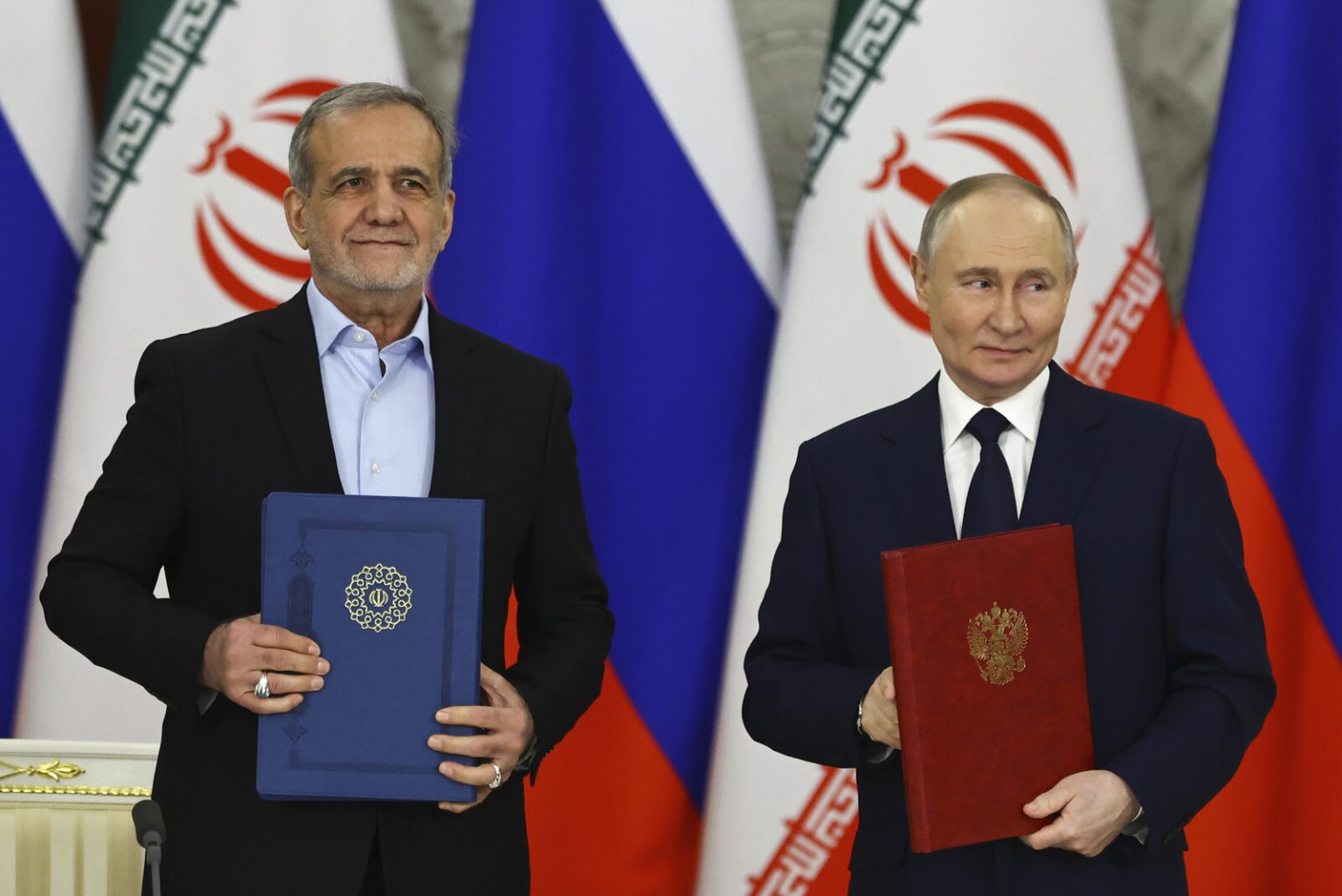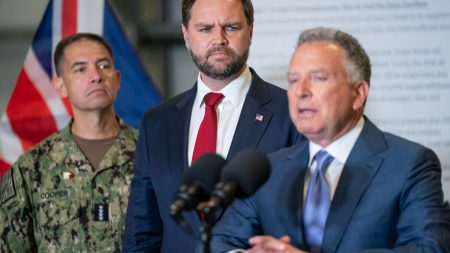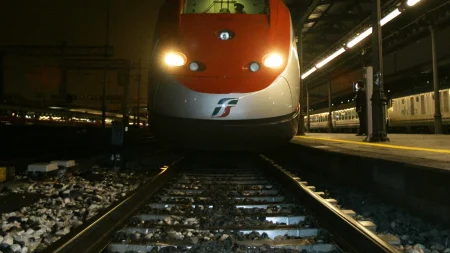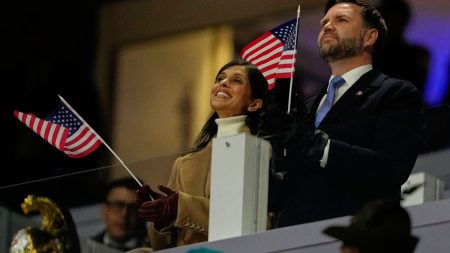The signing of a comprehensive 20-year cooperation agreement between Russia and Iran marks a significant deepening of their already close alliance, solidifying their shared interests across various sectors, particularly in the realm of military cooperation. This landmark agreement, lauded by Russian President Vladimir Putin as a ”breakthrough document,” outlines a commitment to expand and strengthen their relationship in all areas of mutual interest, with a particular emphasis on enhancing cooperation in security and defense. While the full details of the military aspects remain undisclosed, the pact signals a potential shift in the geopolitical landscape, potentially impacting regional stability and international relations. The agreement’s implications extend beyond military matters, encompassing broader collaborations in science, education, and culture, suggesting a multifaceted approach to strengthening ties between the two nations.
The agreement arrives at a time of heightened global tensions and evolving geopolitical dynamics. For Russia, currently embroiled in the Ukraine conflict and facing increasing international pressure, the partnership with Iran offers strategic advantages, including potential access to Iranian military technology and resources. Iran, likewise facing its own set of challenges, including international sanctions and regional rivalries, benefits from the strengthened alliance with Russia. The agreement provides Iran with a powerful partner in its defiance of Western pressure, potentially offering access to advanced military hardware and bolstering its regional influence. This mutual support dynamic underscores the strategic calculus motivating both nations to solidify their cooperation.
The military aspect of the agreement raises concerns among international observers, given the potential destabilization it could introduce to already volatile regions. While the specific details of the military cooperation remain largely undisclosed, the agreement’s broad language suggests a wide range of possibilities, including joint military exercises, arms sales, technology sharing, and intelligence cooperation. Such collaboration could significantly enhance Iran’s military capabilities, potentially altering the balance of power in the Middle East and posing a challenge to regional security. Furthermore, increased military cooperation between Russia and Iran could exacerbate tensions with Western powers, further complicating efforts to address global challenges.
Beyond the military dimension, the agreement encompasses cooperation in science, education, and culture. These areas of collaboration, while less immediately impactful than military cooperation, contribute to building stronger long-term ties between the two countries. Scientific and technological exchanges can facilitate advancements in various fields, potentially benefiting both nations economically and strategically. Educational and cultural partnerships foster understanding and build bridges between societies, promoting a deeper appreciation of each other’s cultures and values. These seemingly softer aspects of the agreement contribute to a more comprehensive and enduring partnership, extending beyond immediate political and military considerations.
The long-term implications of the 20-year agreement remain to be seen. The evolving geopolitical landscape, shifting alliances, and unpredictable international events will undoubtedly influence how the agreement is implemented and its ultimate impact. However, the agreement’s signing signifies a clear intent by both Russia and Iran to strengthen their partnership and pursue shared interests. This strengthened alliance has the potential to reshape regional dynamics, particularly in the Middle East, and could introduce new challenges to international security and stability. The agreement therefore warrants close scrutiny by international observers and policymakers.
In conclusion, the 20-year cooperation agreement signed by Russia and Iran represents a significant development in their already robust relationship. While the full extent of the military aspects remains veiled, the pact’s broad language and the emphasis on security and defense cooperation signal a potentially game-changing alliance. Coupled with collaborations in science, education, and culture, the agreement lays the groundwork for a deep and multifaceted partnership. This development carries significant implications for regional stability, international relations, and the evolving global order, demanding careful monitoring and analysis as its consequences unfold in the years to come.




